Hosted By

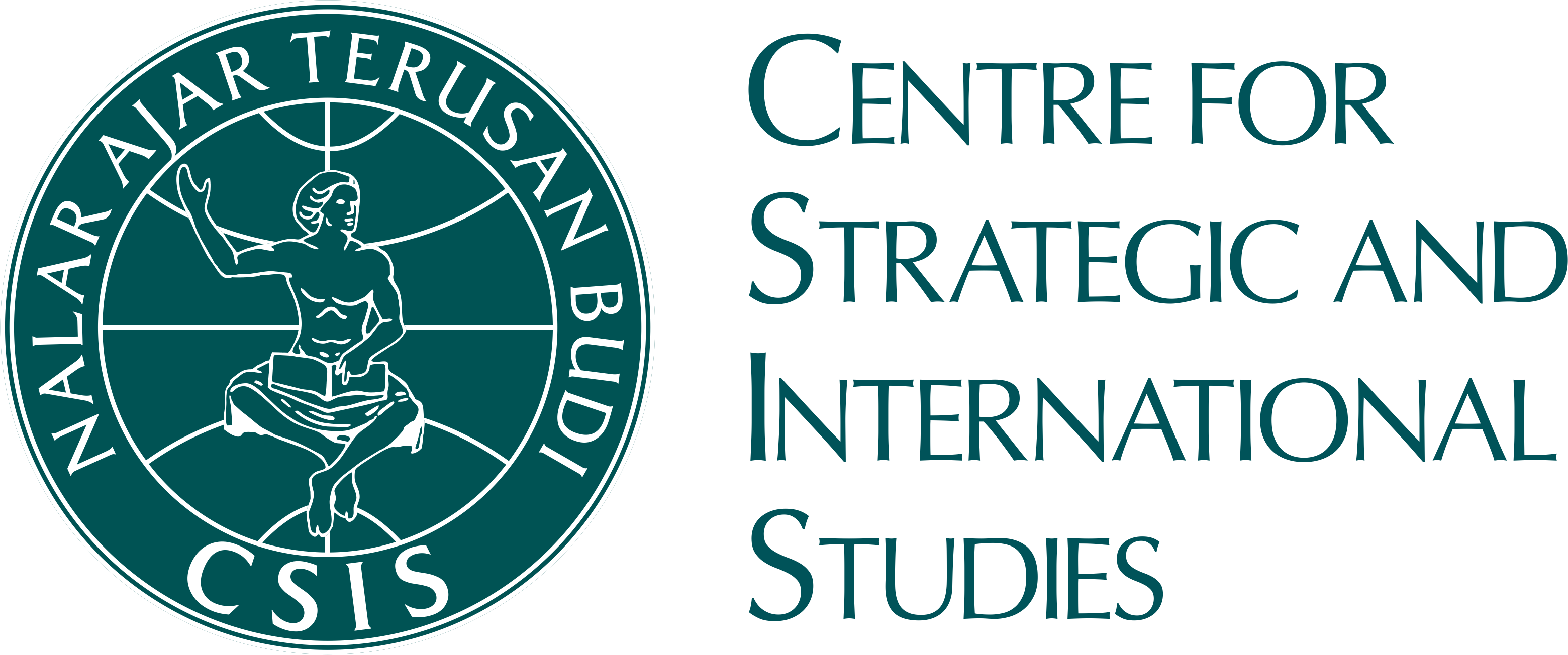
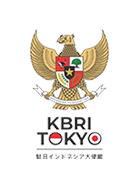
Supported By





As economies recover from the COVID-19 pandemic, countries around the world are doubling down their efforts in accelerating energy transition to achieve economic growth in a sustainable manner. Collaboration, especially in terms of technology transfer and financing, becomes key in ensuring clean, sustainable, just, affordable, and inclusive energy transition.
Indonesia has made a commitment to achieve net zero emissions (NZE) by 2060. According to the Energy and Mineral Resources (MEMR) Ministry’s roadmap to net zero emissions in energy sector, Indonesia could reduce 80% of its emissions from the energy sector by 2030 using technology in three fronts: 1) To increase energy efficiency, 2) Shift from fossil fuel to renewables in the electricity sector, and 3) Kick-start the electrification of transport needs. However, creating opportunities for renewables remains a critical challenge. Coal will continue to play an important role in electricity security to 2030, providing 50% of peak capacity, down from 65% now, while affected workers and communities anticipate the change by learning skills in the renewables industry so they will not be left behind and investors receive incentives for their stranded assets from retiring coal-fired power plants (PLTU).
The Energy and Mineral Resources (MEMR) Ministry’s secretary general Rida Mulyana said Indonesia would need US$995 billion for renewable energy plants and US$114 billion for the energy transmission to achieve its NZE target by 2060. The need for financial support, said Rida, will increase as the country imposes early retirement for coal-fired power plants in the coming years.
The ministry, through the latest state-owned electricity company PLN’s 10-year electricity procurement plan (RUPTL), has made new and renewable energy as the priority energy source for new power plants to be built in the next 10 years. From the 40.6 GW new power plant installation targeted in 2021-2030, the “green RUPTL” aims 51.6 percent, or 20.9 GW, to be sourced from new and renewable energy sources. At the same time, PLN will also retire sub-critical coal-fired power plants starting with the ones in Muarakarang, Priok, Tambaklorok, and Gresik, with a total of 1.1 GW capacity by 2030. Rida Mulyana said that most of the funding for energy transition projects are expected to come from private investors as the government funding is very limited. What the government could offer is producing clear-cut regulations to support energy transitions, including the newly issued Presidential Regulation (Perpres) No. 112/2022 on renewable energy, and improving ease of doing business for investors.
The biggest foreign investors in Indonesia’s energy sector, especially in electricity, have been those from China, Japan, and South Korea (CJK). The three East Asian countries are the biggest backers of PLTU in Indonesia, and the world. Globally, CJK countries are responsible for 95% of the funding for PLTUs that came from outside the countries where the plants are located. In Indonesia, China alone is involved in 70% of PLTUs, with US$9.3 billion investment in 2000-2019. South Korea invested $1.3 billion for Suralaya PLTU 9 & 10. Japan is involved in Cirebon 2 PLTU, Tanjung Jati B, and Batang PLTUs with 5,000 MW power generation across Java, among others. However, the CJK countries are also power houses in the renewable energy industry.
Japan in particular has solidified its companies’ lead in electric and fuel cell technologies, implementing a series of smart grid pilot projects utilizing energy management systems, energy storage systems, electric vehicles, and solar modules since last decade. Japan, together with the United States, is also the leader of Just Energy Transition Partnerships (JETP) in Indonesia.
Japan RE Invest Indonesia is a multi-stakeholder platform established by Tenggara Strategics in cooperation with the Centre for Strategic and International Studies (CSIS), to bring together Indonesian Embassy in Tokyo, the Ministry of Energy and Mineral Resources (MEMR), the Investment Coordinating Board (BKPM), state-owned electricity company PT Perusahaan Listrik Negara (PLN), and energy companies from Indonesia and Japan. A total of 591 participants from 328 institutions attended Japan RE Invest Indonesia 2021 and the 2nd Japan RE Invest Indonesia 2022.
Looking at the participants’ high enthusiasm in the 1st Japan RE Invest Indonesia in 2021 and the 2nd Japan RE Invest Indonesia in 2022 as well as suggestions from participants and speakers, Tenggara Strategics in partnership with CSIS and Indonesian Embassy in Tokyo would co-host the 3rd Japan RE Invest Indonesia 2023 to maintain the momentum of high interests among RE investors in Japan to invest in Indonesia, update the investors on the latest development of Indonesia’s policy drive toward renewable energy, and connect more RE investors and financiers from Japan with project owners in Indonesia, in order to help Indonesia’s achieve its ambitious targets of investment in renewable energy.
This year’s forum will additionally serve as a side event of the Asia Zero Emissions Community (AZEC) Ministerial Meeting, which will be hosted by Japan’s Ministry of Economy, Trade and Industry (METI) on March 4 as part of an effort to realize the AZEC concept of using renewable energy and cutting power plant emissions. With energy ministers from Australia and Southeast Asian nations set to gather in Japan’s capital, discussions will cover the challenges faced by Asian nations in achieving carbon neutrality and the concrete efforts that are currently underway.
To support the realization of AZEC, the investment forum will consist of two panel discussions on policy updates and RE investment opportunity in Indonesia and on energy transition financing through Just Energy Transition Partnership (JETP) and Energy Transition Mechanism (ETM) in Indonesia, followed by a business matching session.
March 3, 2023
10:15 - 11:25 am (Tokyo Time)
08:15 - 09:25 am (Jakarta time)
March 3, 2023
11:25 - 12:35 pm (Tokyo Time)
09:25 - 10:35 am (Jakarta time)
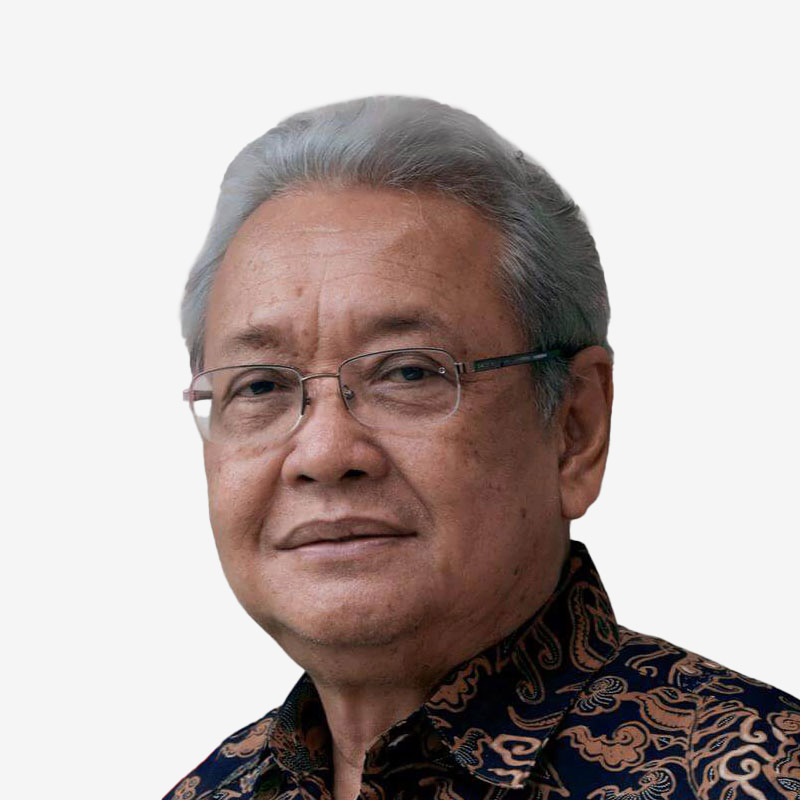
Ambassador of the Republic of Indonesia to Japan and the Federative States of Micronesia
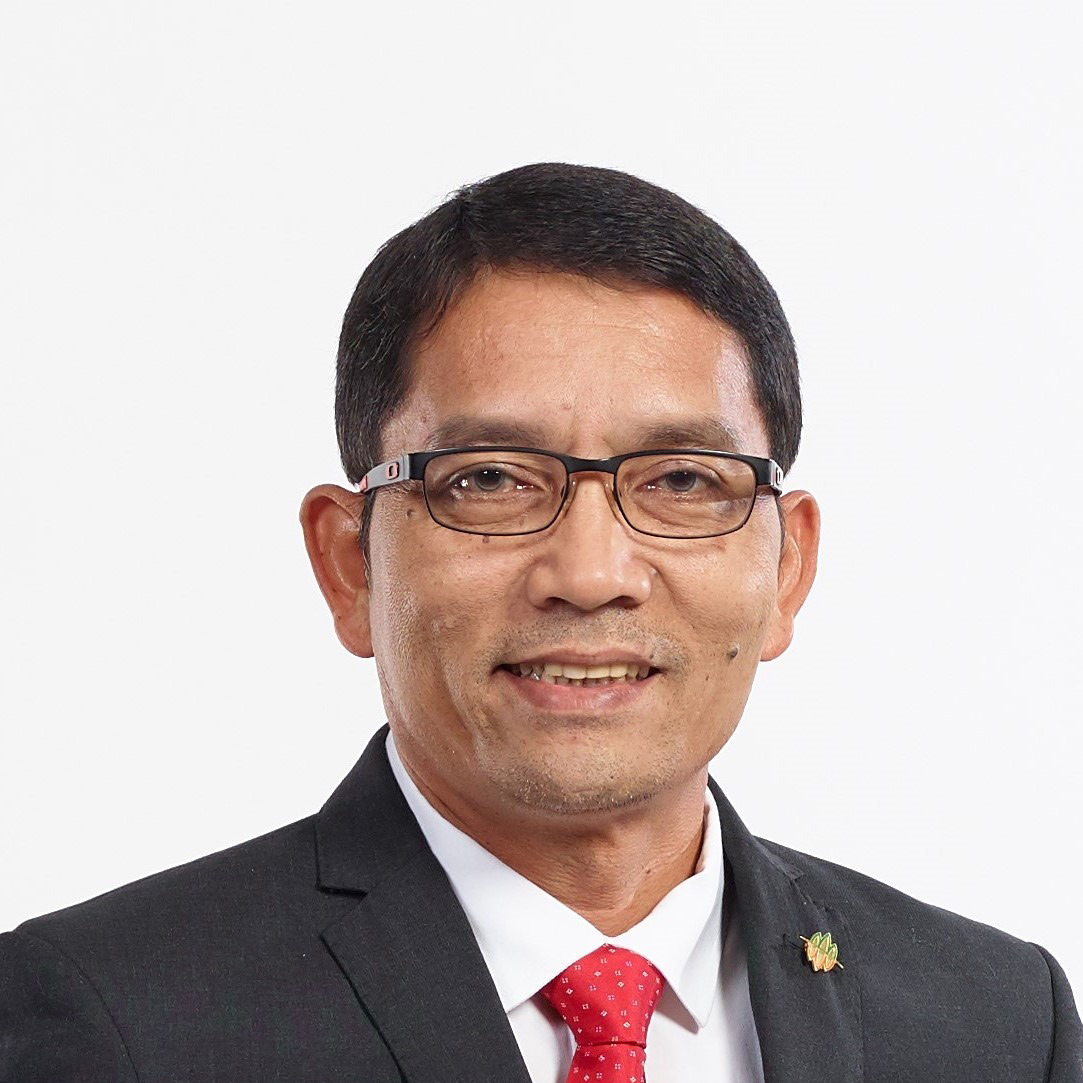
Director General of New, Renewable Energy and Energy Conservation (EBTKE)

Deputy for Infrastructure and Transportation Coordination at the Coordinating Ministry for Maritime and Investment Affairs
Speakers and Moderators
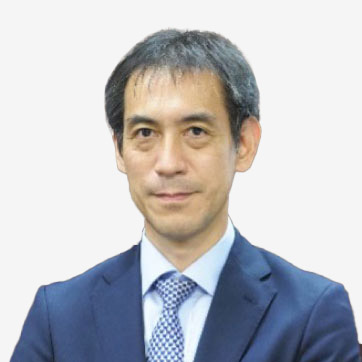
Deputy Commissioner for International Affairs, Ministry of Economy, Trade and Industry (METI), Japan
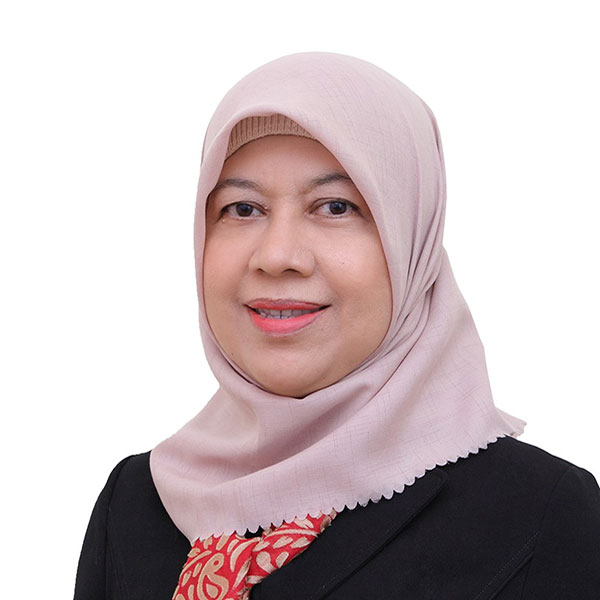
Director of Various New and Renewable Energy, Directorate General of New, Renewable Energy and Energy Conservation, Ministry of Energy and Mineral Resources of the Republic of Indonesia
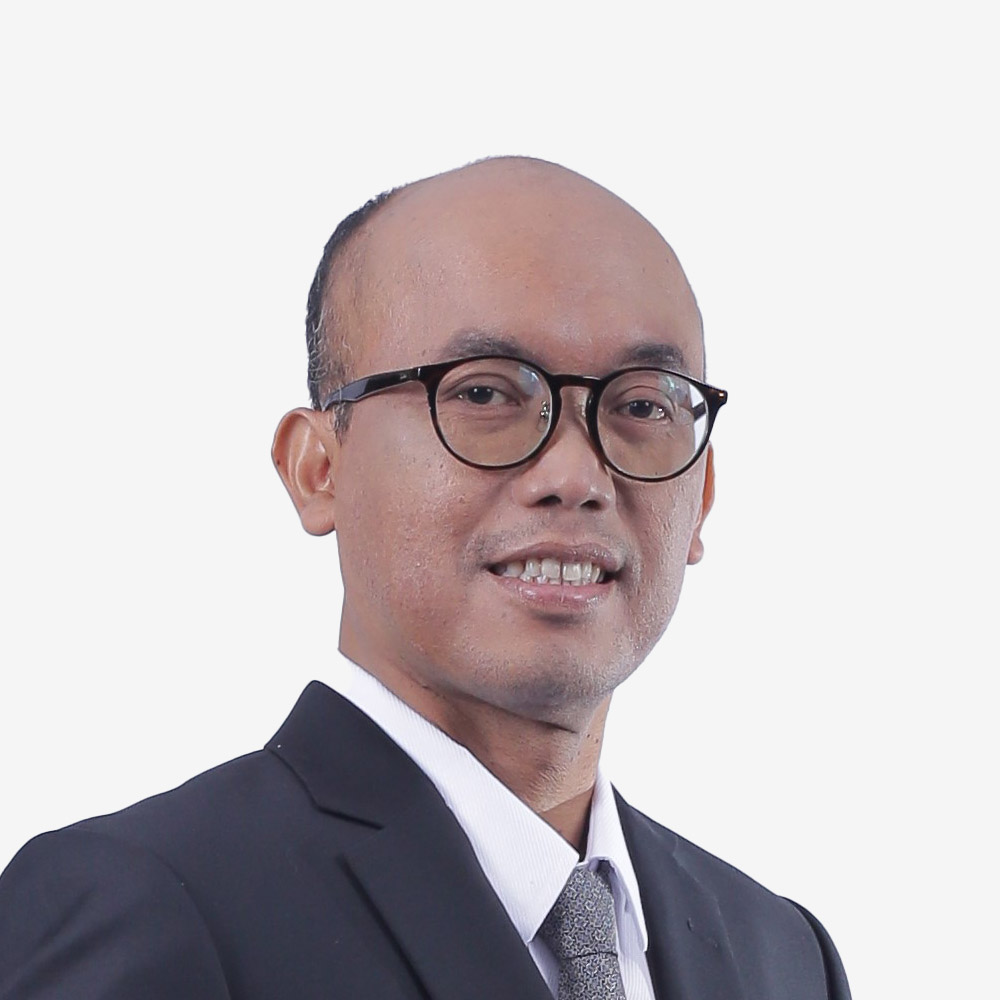
Director of Transmission and System Planning, PT PLN

Director of Energy Conservation, JETP Secretariat

Head of Advisory Division, PT Sarana Multi Infrastruktur (PT SMI)

Senior Deputy Head of Sustainability Division Sumitomo Mitsui Banking Corporation / Sumitomo Mitsui Financial Group
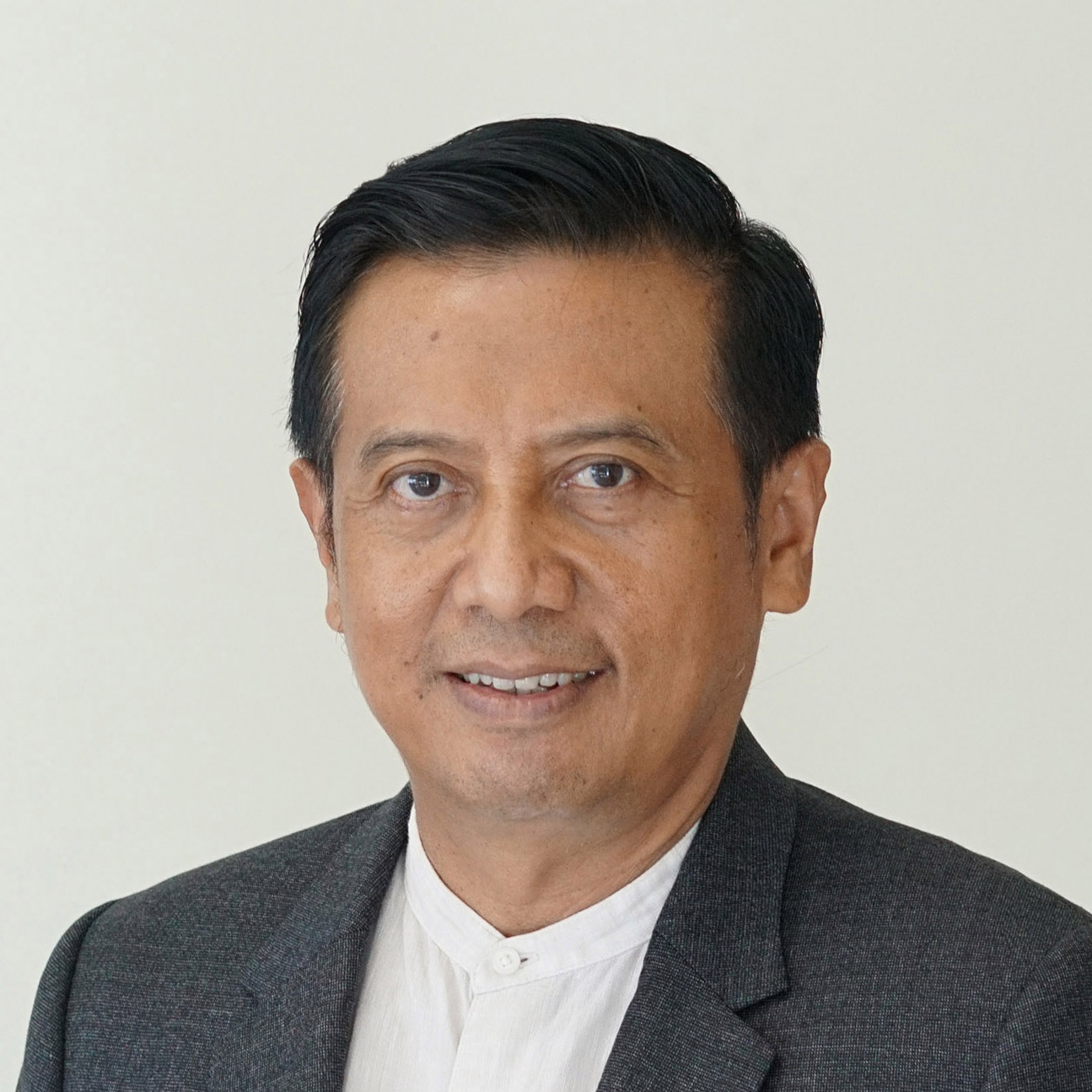
Executive Director of Tenggara Strategics

Minister Counsellor of Economic Affairs, Embassy of the Republic of Indonesia in Tokyo
Contact Us
Whatsapp: +62811 9966 083 | E-mail: info@reinvest.id